The Healthcare Financial Experience is a Stressful One: the Convergence of our Medical, Retail, and Financial Lives
Health Populi
SEPTEMBER 20, 2023
.” That’s a form of financial toxicity that has ramifications for the entire health system enterprise beyond the surgical suite or cancer center. The bottom-line, literally: four in ten consumers would not pay a medical bill if they cannot understand the administrative experience. Cedar polled 1,239 U.S.

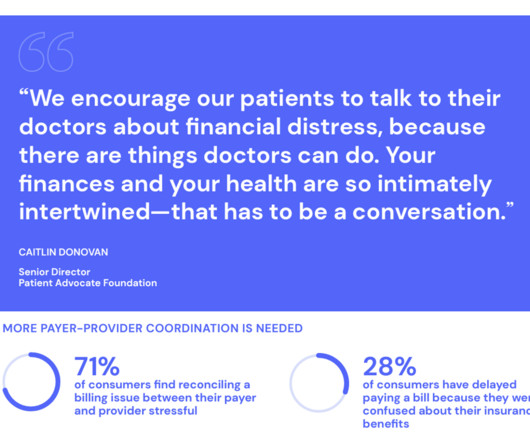
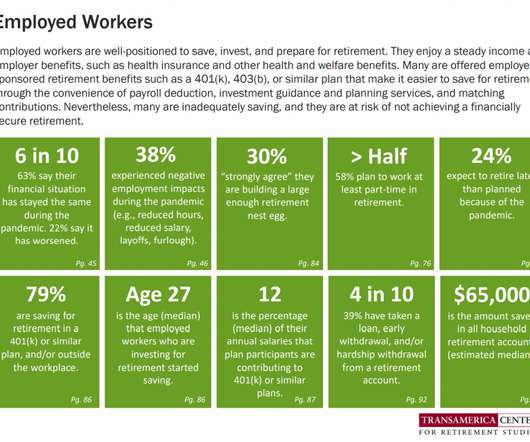
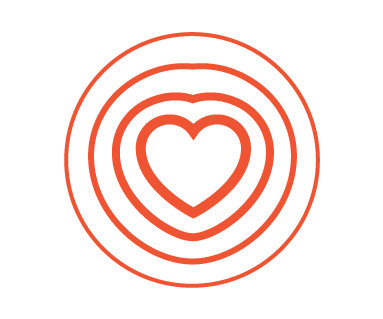
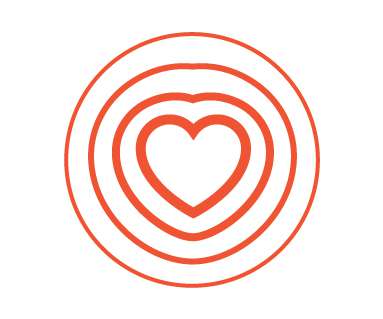
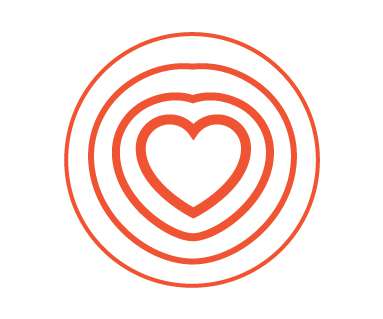
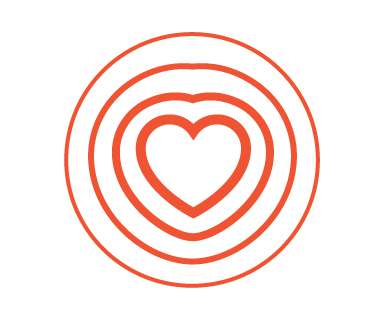

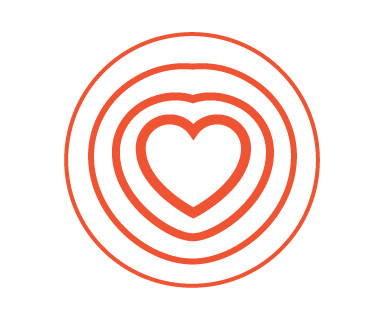


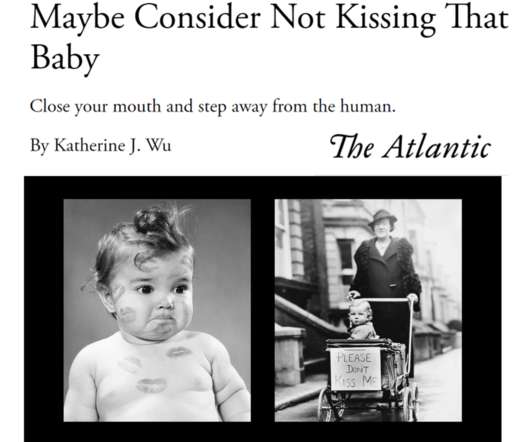
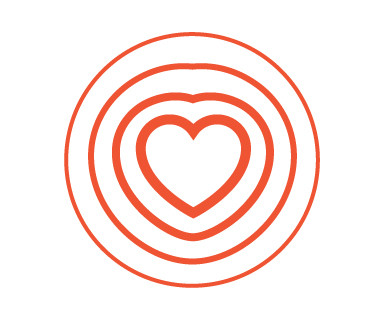
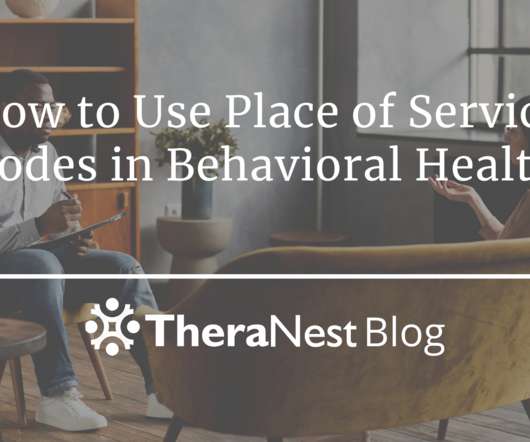

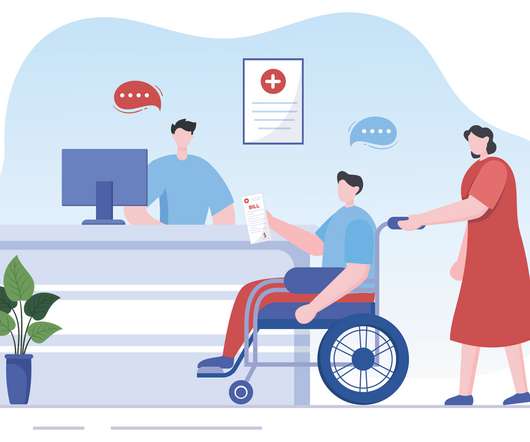


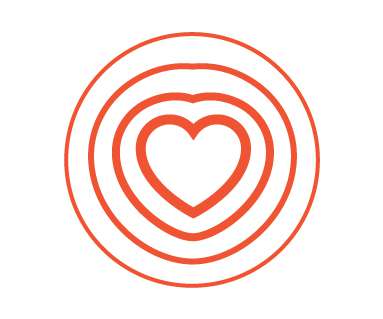
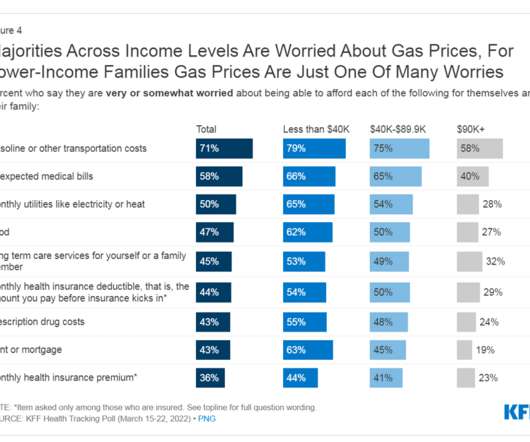







Let's personalize your content